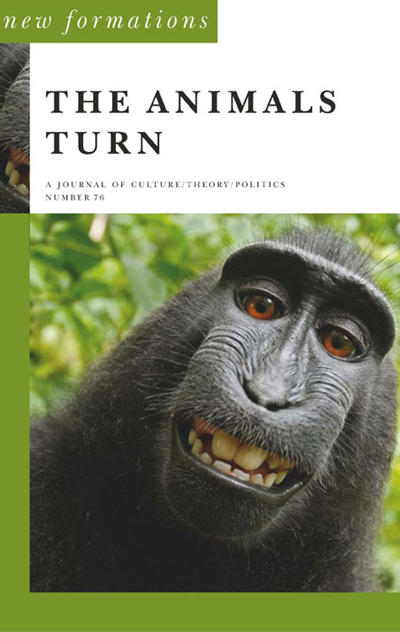
The Anguish of Wildlife Ethics
New Formations - Print ISSN 0950-2378 - Online ISSN 1741-0789
Volume 2012 Number 76
The Anguish of Wildlife Ethics
Freya Mathews
Abstract
As an environmental philosopher I had long been aware of dilemmas between animal ethics and ecological ethics, but now, as the manager of my own biodiversity reserve, I was facing these dilemmas in a more gut-wrenching and complex form than I had ever encountered in the classroom. Pressured by environmental authorities to cull kangaroos on my property, in the name of ecological ethics, I started thinking about the very meaning of ethics, its origins in the evolution of society and its material and metaphysical presuppositions. Two different conceptions of the normative root of society emerged, the deontic conception, appropriate within the material and metaphysical framework of hunter-gatherer societies, and the axial conception, appropriate within the framework of ‘civilization’, viz the agrarian societies that evolved into the urban- industrial formations of the modern era. The axial conception, based on empathy, aligned with our modern conception of ethics, and underlay our contemporary sense of animal ethics. ‘Ecological ethics’, on the other hand, seemed to be obscurely underpinned by the deontic conception, and was not ethical at all in the axial sense, and was moreover mismatched, normatively speaking, with the material and metaphysical realities of modern societies. A different set of practices from those currently prescribed by environmental authorities needs to be devised to meet both the ethical and ecological requirements of our contemporary natural environment.
To cite this article
Freya Mathews (2012) The Anguish of Wildlife Ethics, New Formations, 2012(76)
